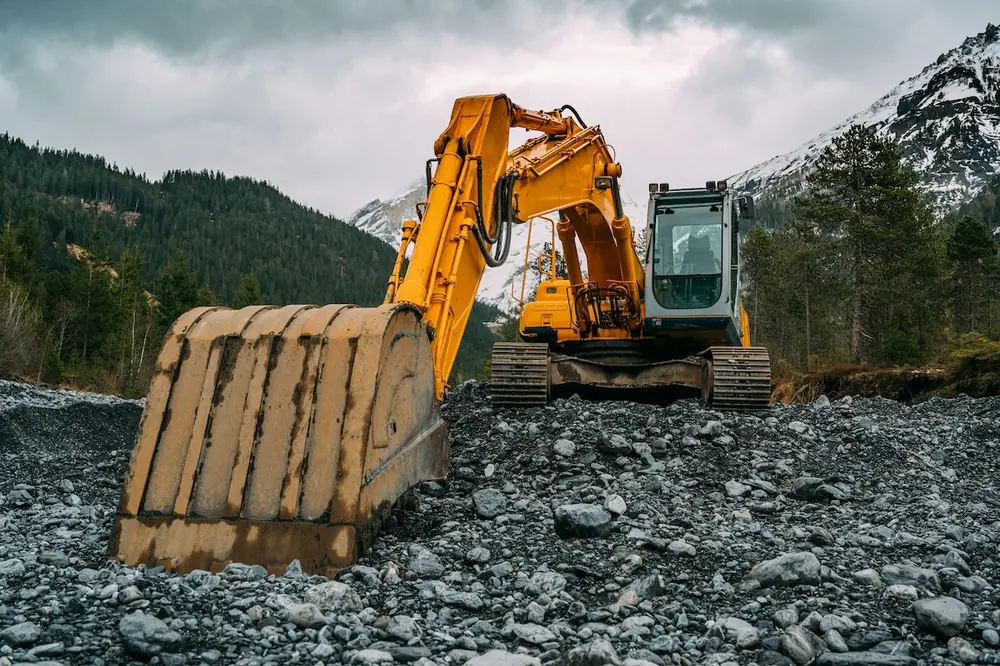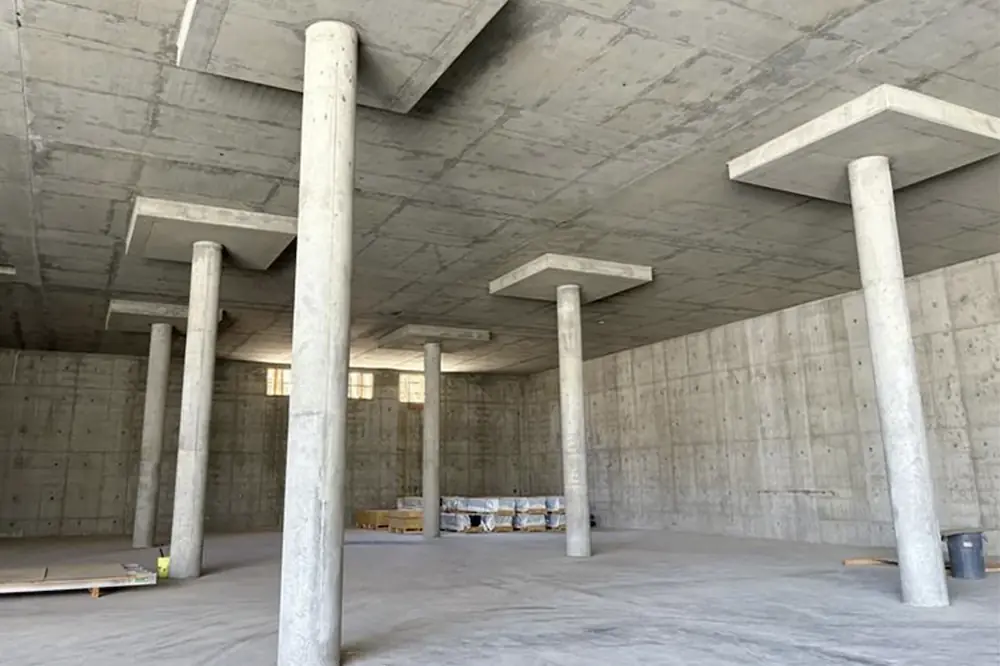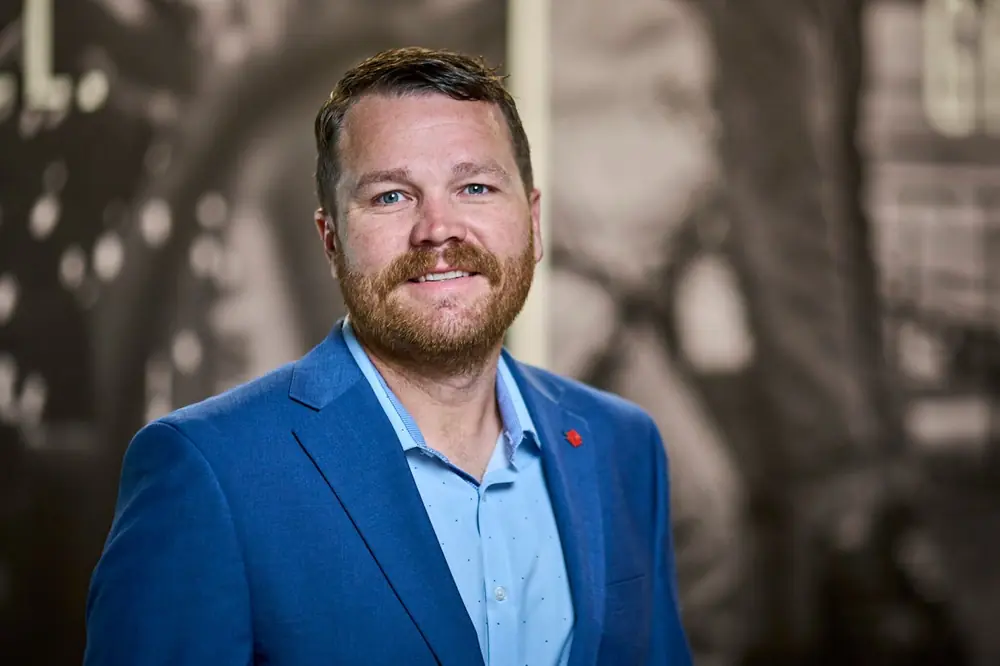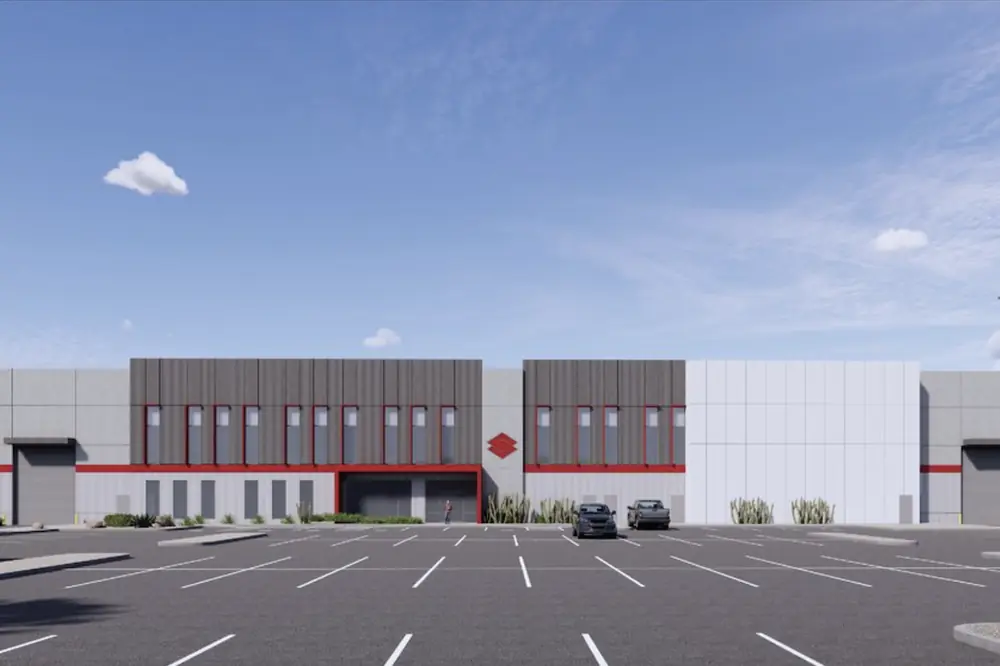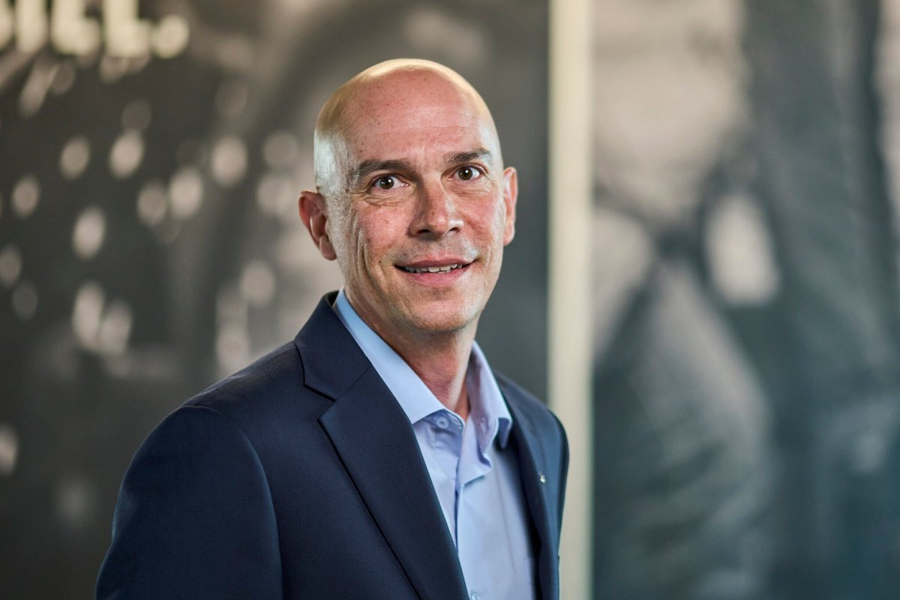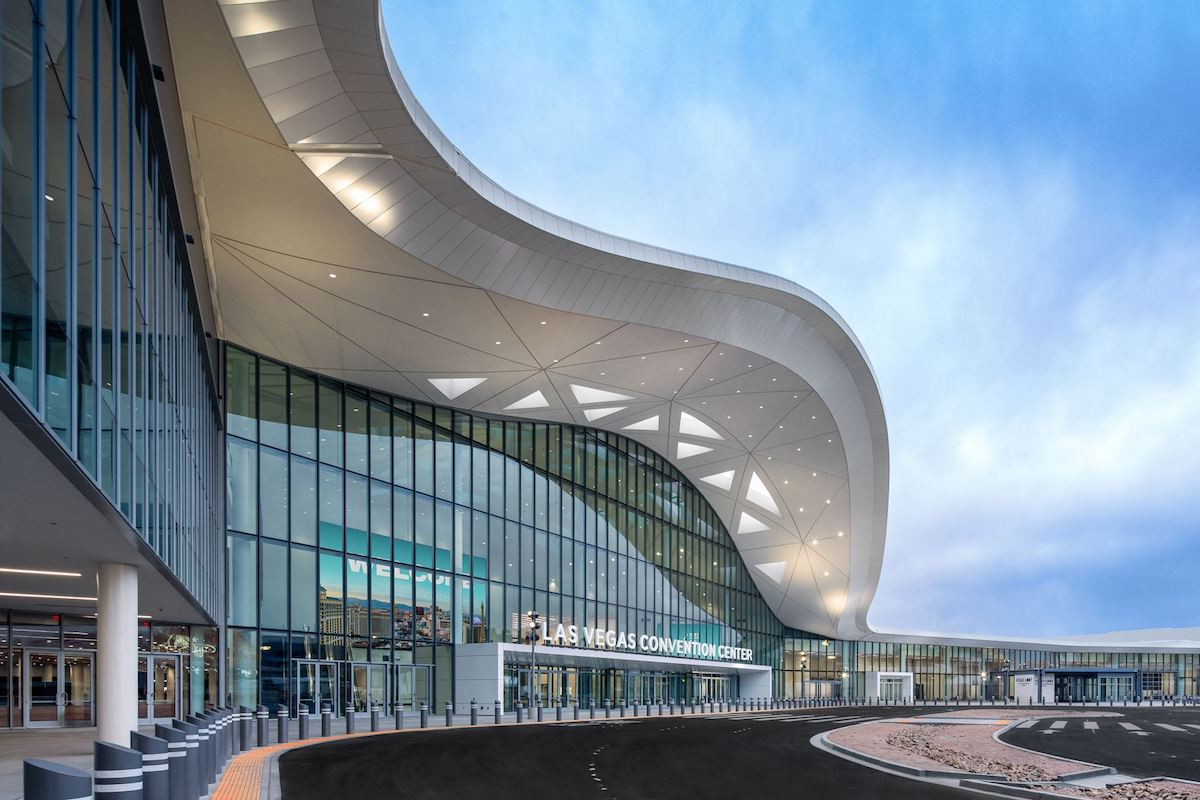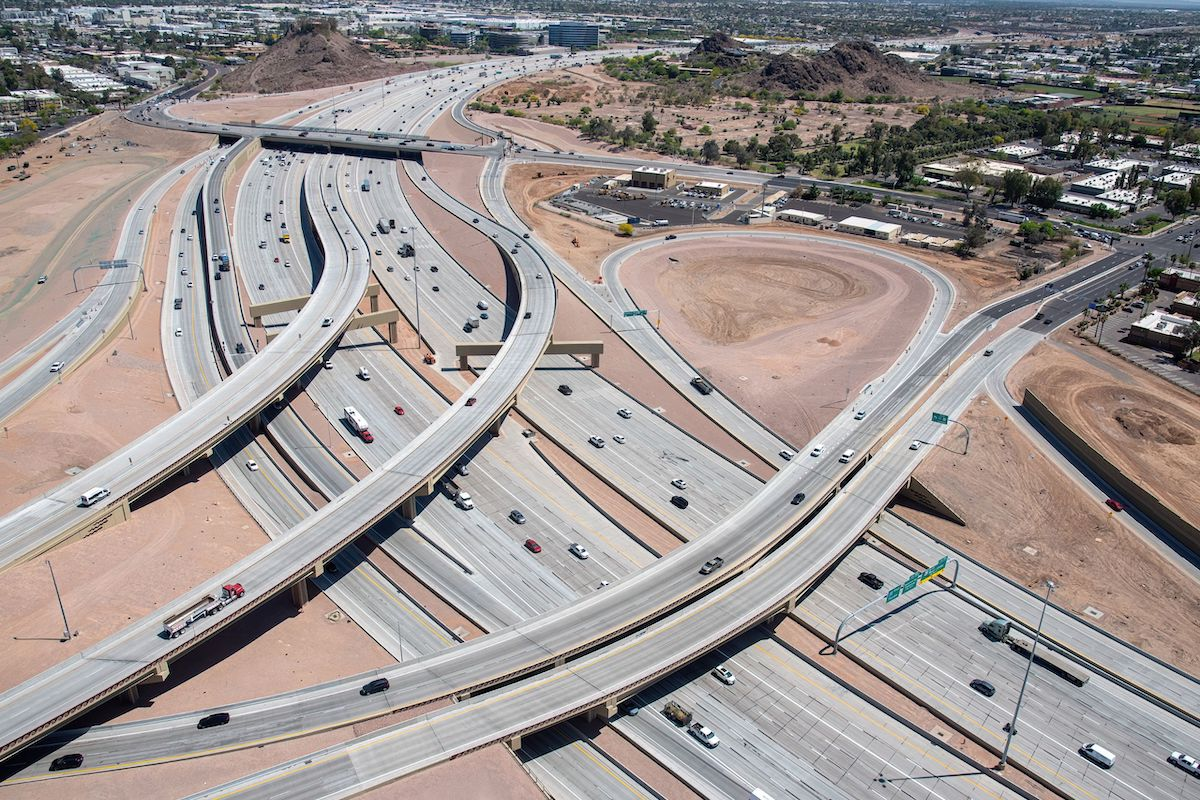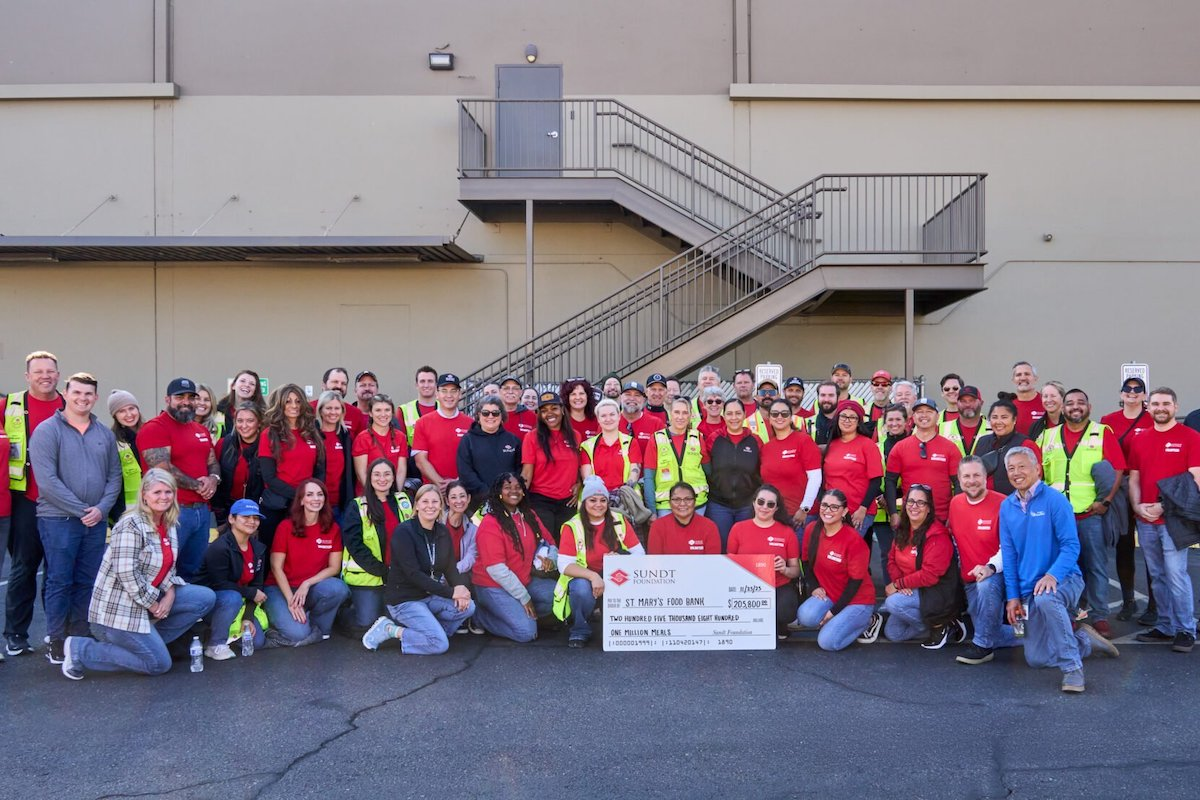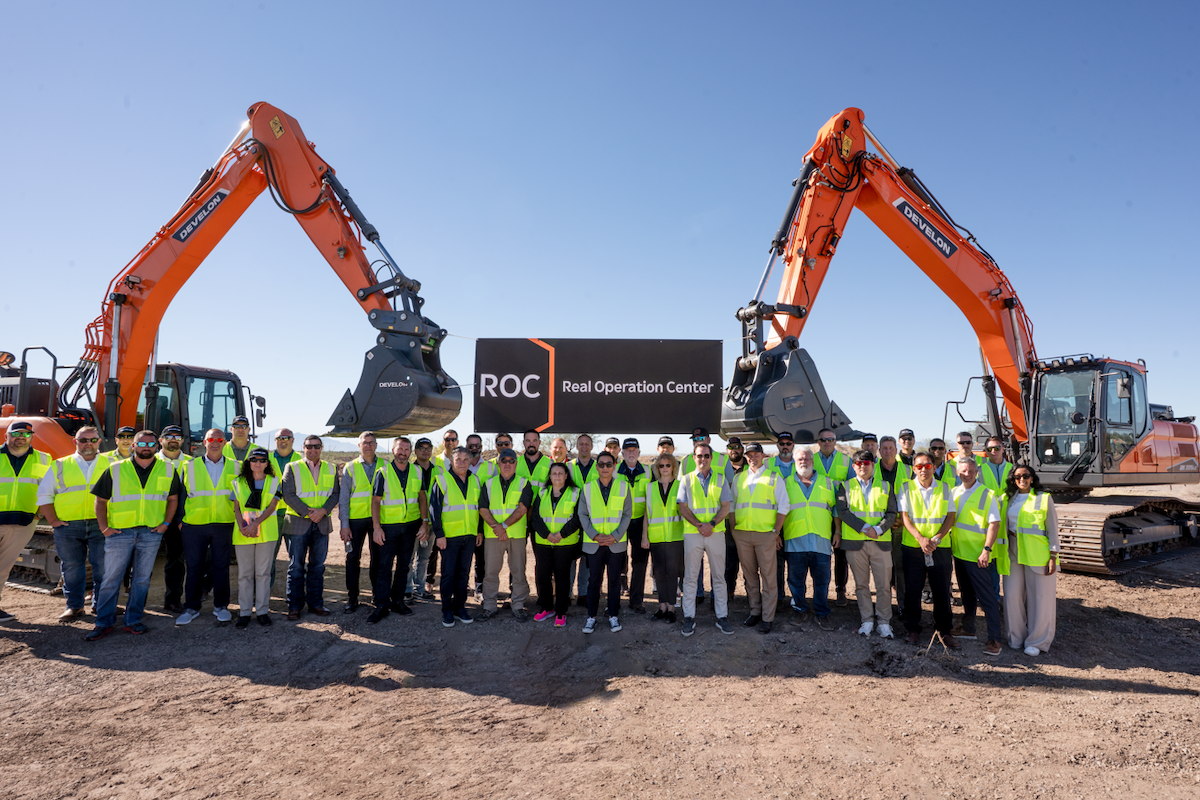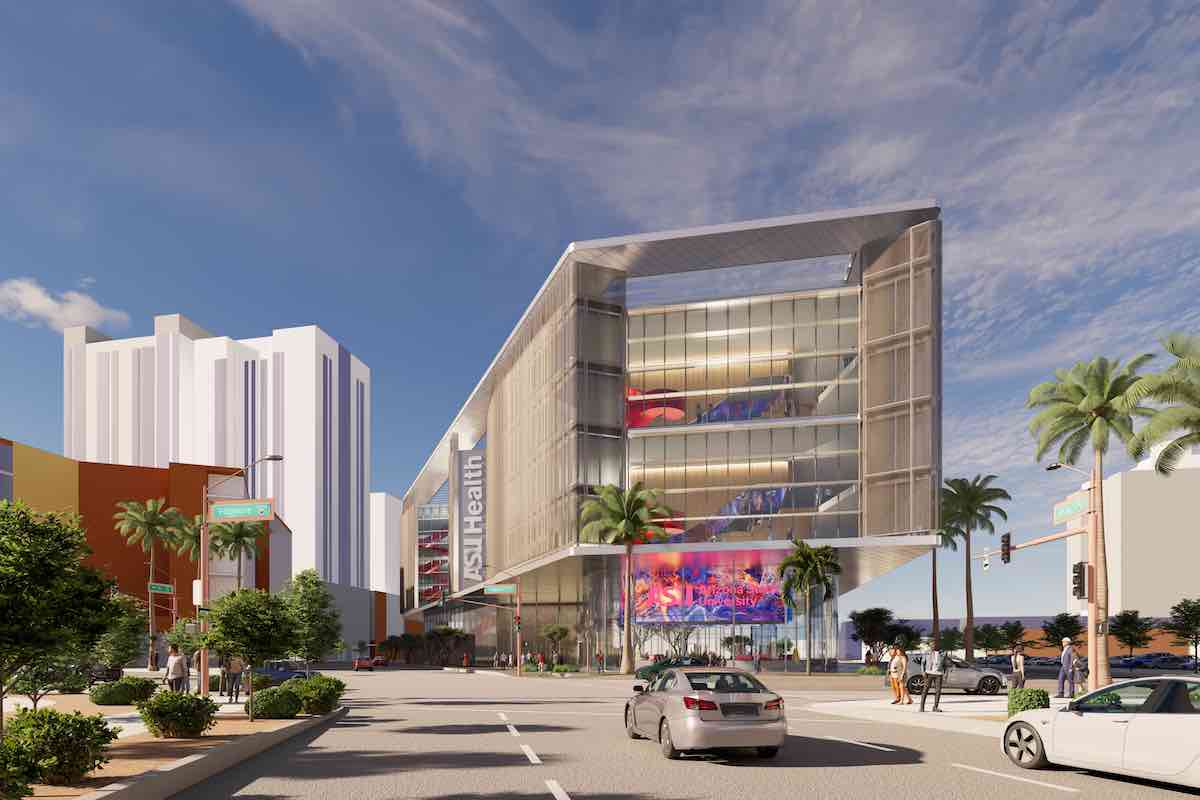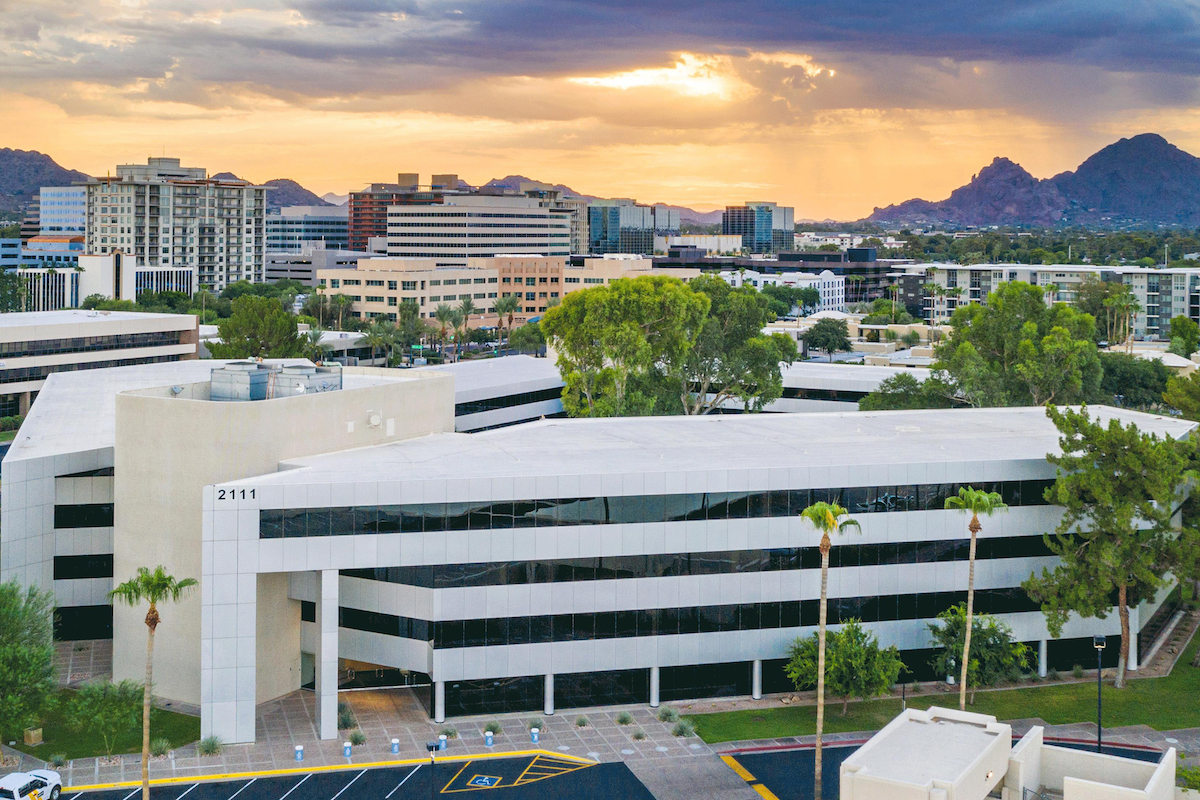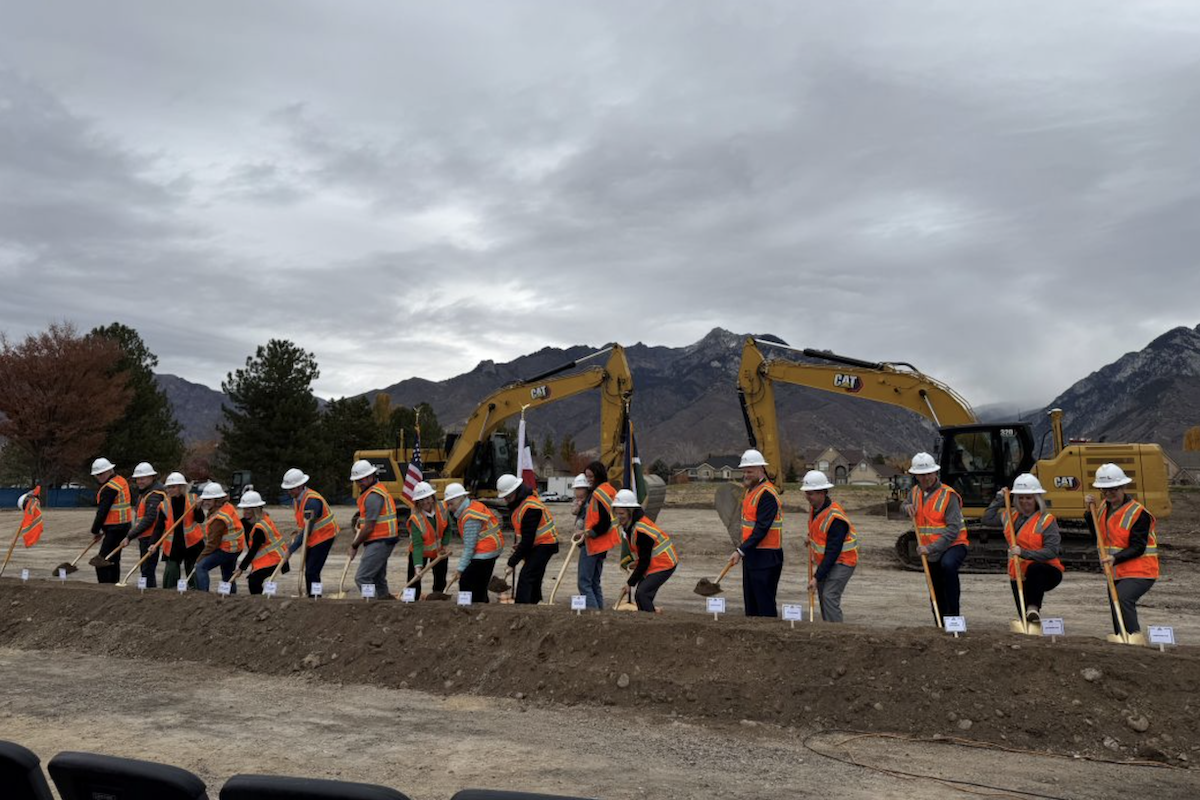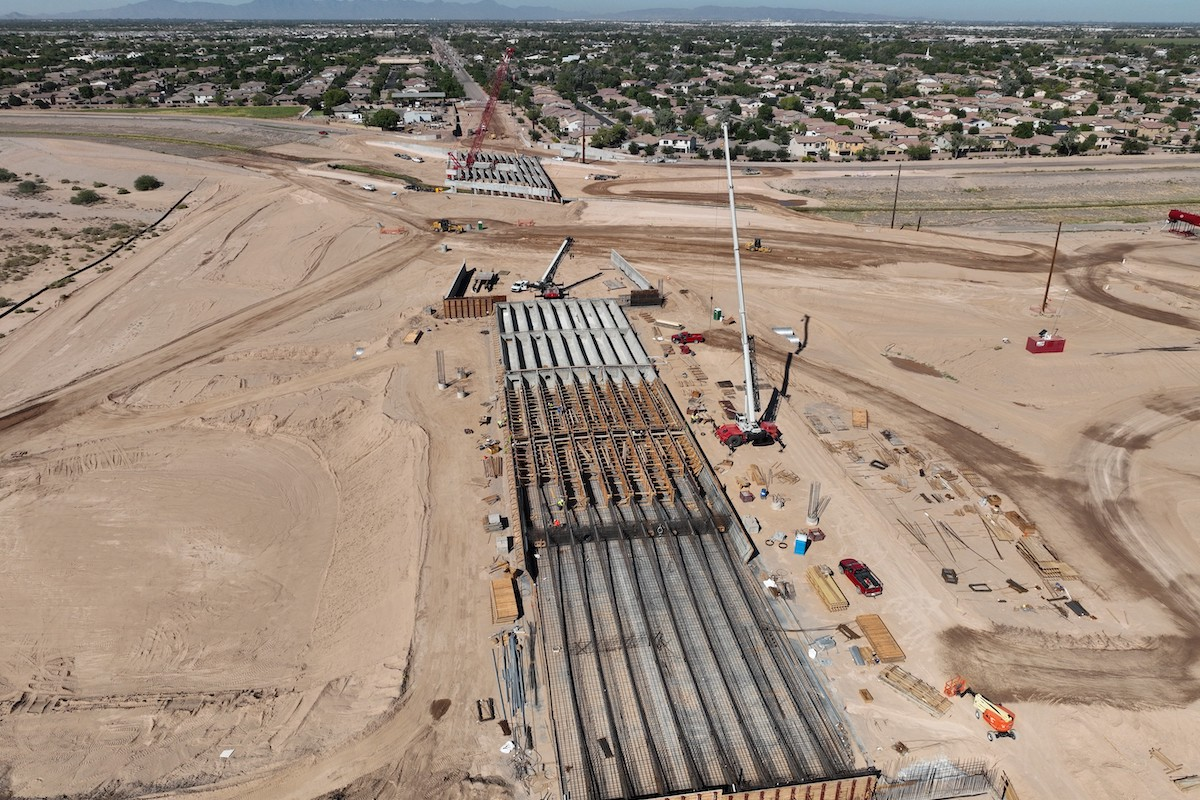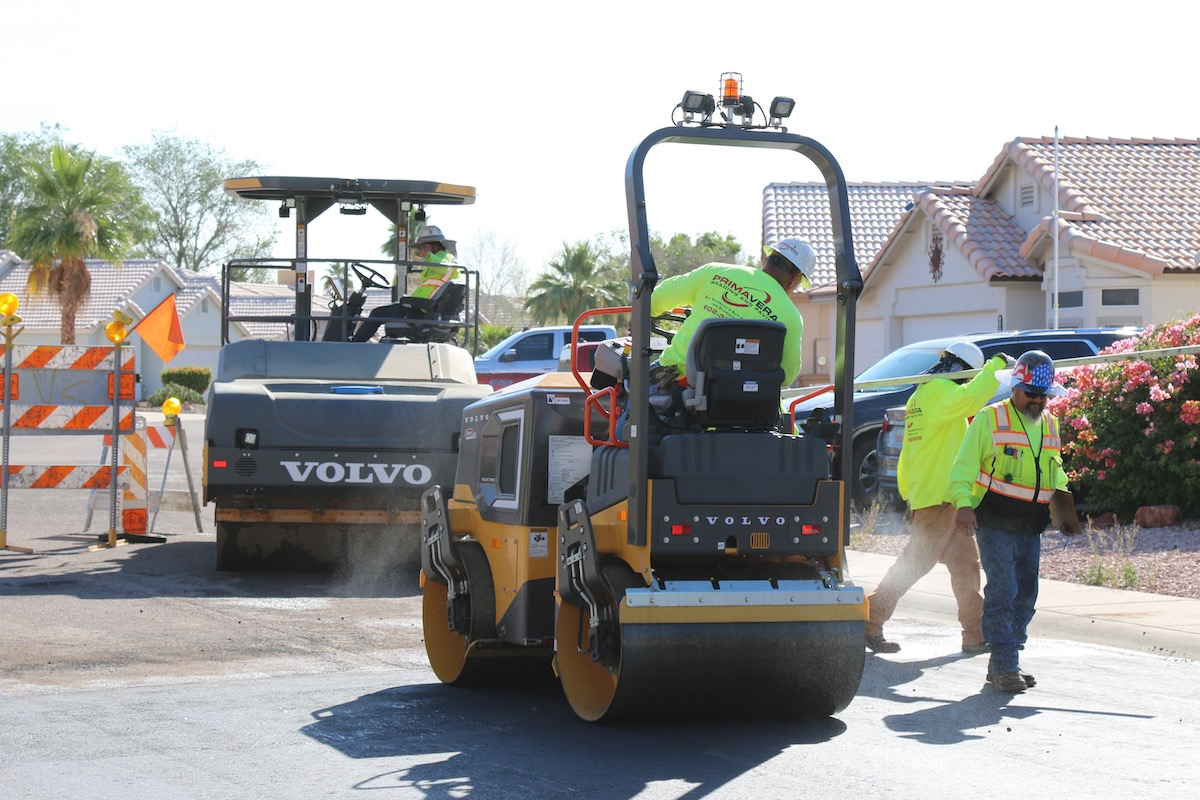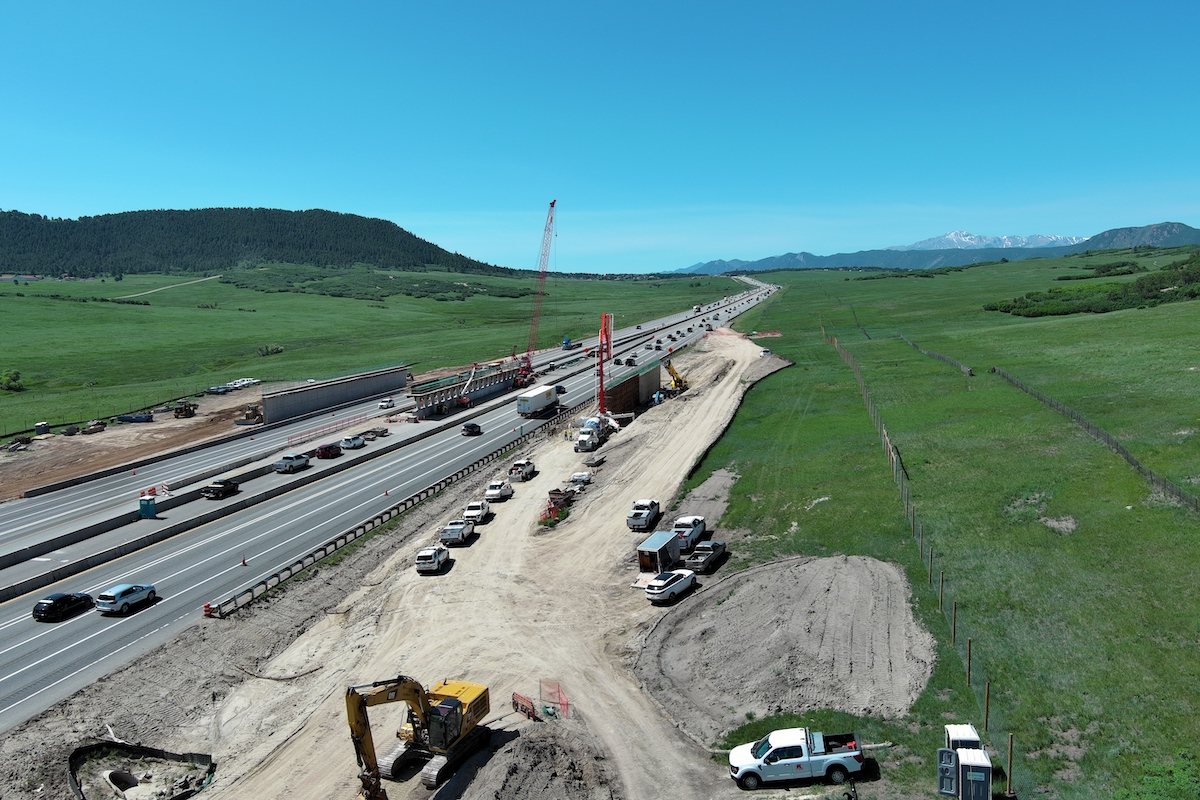Moving the cooling water from ponds to the roof was necessary so that Molson Coors could begin construction on a larger modernization project that will better utilize the land where the ponds are located. The project will upgrade the way the brewery condenses its NH3 refrigeration to a more modern method of refrigeration. The Golden brewery – which will be 150 years old in 2023 – is currently the only brewery that produces Coors Banquet, in addition to a portfolio that includes some of the most beloved and iconic beers on the market such as Coors, Miller Lite, Blue Moon Belgian White, and Leinenkugel’s Summer Shandy. The brewery also produces sparkling cocktails, hard coffee, canned wine, kombucha, and hard cider.
“By better utilizing the land and upgrading our NH3 refrigeration condensing method, we were able to allow for a 200,000-square-foot addition and modernize some of our methods at the same time,” said Greg Miller, a Principle Engineer at the Golden Brewery. “This project was the first step towards a much larger modernization project that will enable us to reduce our beer waste as well as lower our water and energy usage, which is slated to start in 2021.”
The bulk of the project involved reinforcing existing interior steel columns and exterior concrete panels, while also adding a new level of structural steel to the roof so that it could sustain the weight of the new cooling towers, which weigh 1.4 million pounds once operational. ICM self-performed almost all aspects of the project, enabling it to be completed more efficiently and at less cost.
To self-perform the project, ICM produced all of the steel in-house at their fabrication shops, scheduled their own deliveries, erected the steel, performed all reinforcement, removed and reinstalled interior walls and finishes, and managed a 450-ton crane by themselves – all of which helped the project stay on time and on budget. This also enabled ICM to sequence the project so that after the first phase of steel was erected, additional steel was easily fed to the roof continually from there.

| Your local Bobcat dealer |
|---|
| Ditch Witch West |
| Faris Machinery |
| Ditch Witch West |
| Faris Machinery |
The steel was produced in-house at ICM’s fabrication shop. This expedited the project and reduced the overall cost since the steel was produced off-site and then transported and assembled at the jobsite. Prefabrication is generally preferred because it takes fewer people to produce and install, in addition to reducing the impact on day-to-day operations since it’s constructed away from the facility. Prefabrication also helped make the project more environmentally friendly because it required ICM to extensively pre-plan so materials were accurately measured, leaving less waste. Because the fabrication shops have easy access to the outdoors, workers could work outside with open air circulation, an additional safety benefit that helped mitigate against exposure to COVID-19.
In addition to extensive steel reinforcement for the new cooling towers, the project was also designed to modernize the way the brewery condensed its NH3 refrigeration. Prior to the installation of the new evaporative condensers, the brewery pumped cooling water to the brewery’s NH3 condensers from cooling towers located adjacent to a large outdoor cooling pond. This process was inefficient, overly complex, and labor intensive. Installing modern evaporative condensers that directly condensed the NH3 versus sourcing from water outside the facility allowed the brewery’s NH3 system to become more efficient and less complex.
Weather was another challenge, particularly when it came to the 450-ton crane in the parking lot, which was used to transport and erect the steel onto the 85-foot roof. Employees had to provide significant traffic control for brewery personnel and actively monitor the crane, as it could only operate in less than 15 mph winds. Since the brewery is located at the base of the Colorado foothills where heavy wind is common, there were many times when it was simply too dangerous to operate it. Rain and snow were also problematic, given that the roof is an open environment and thus constantly exposed to unpredictable Colorado spring weather.
It was also challenging to keep the brewery operational while completing the project in a short timeframe and in the midst of COVID-19. This was done by immediately implementing safety measures and by carefully managing visitor and staff foot traffic at the entrance of the jobsite for both health concerns and to ensure that the jobsite didn’t impact day-to-day operations. As a culture inherently built on safety, ICM was able to stagger shifts to enable workers to social distance; masks and hand sanitizer were handed out each day – despite the difficulty in finding them in the beginning of the pandemic – and tools were sanitized at the end of each day.
The new safety measures were able to be implemented quickly because ICM already had an existing safety program in place, which helps educate employees and encourage them to be compliant through positive reinforcement. At least once each week, employees would do an on-site audit, documenting everything that could be a threat to them and the team, which also included COVID-19 precautions. The program is focused on mentoring and training, helping to create a culture of safety so that employees are safe for themselves and for each other. While this added additional time and responsibilities to the project, the safety measures helped ensure that there were no illnesses or injuries while on the jobsite.

| Your local Gomaco dealer |
|---|
| Faris Machinery |
| Faris Machinery |
Now that phase one is complete, Molson Coors can focus on its larger multi-hundred million dollar modernization project, which will replace the brewery’s fermentation, aging, filtration and cellaring systems, most of which are between 50 and 70 years old. This will enable Molson Coors to achieve a 25 pecent reduction in beer waste and a 15 to 20 percent reduction in water and energy usage.
“Getting this job under our belts was a big first step towards the long-term goal of modernizing our operations so that we can continue to build our product portfolio and deliver the beer we’re known and loved for across the U.S.,” said Miller.







